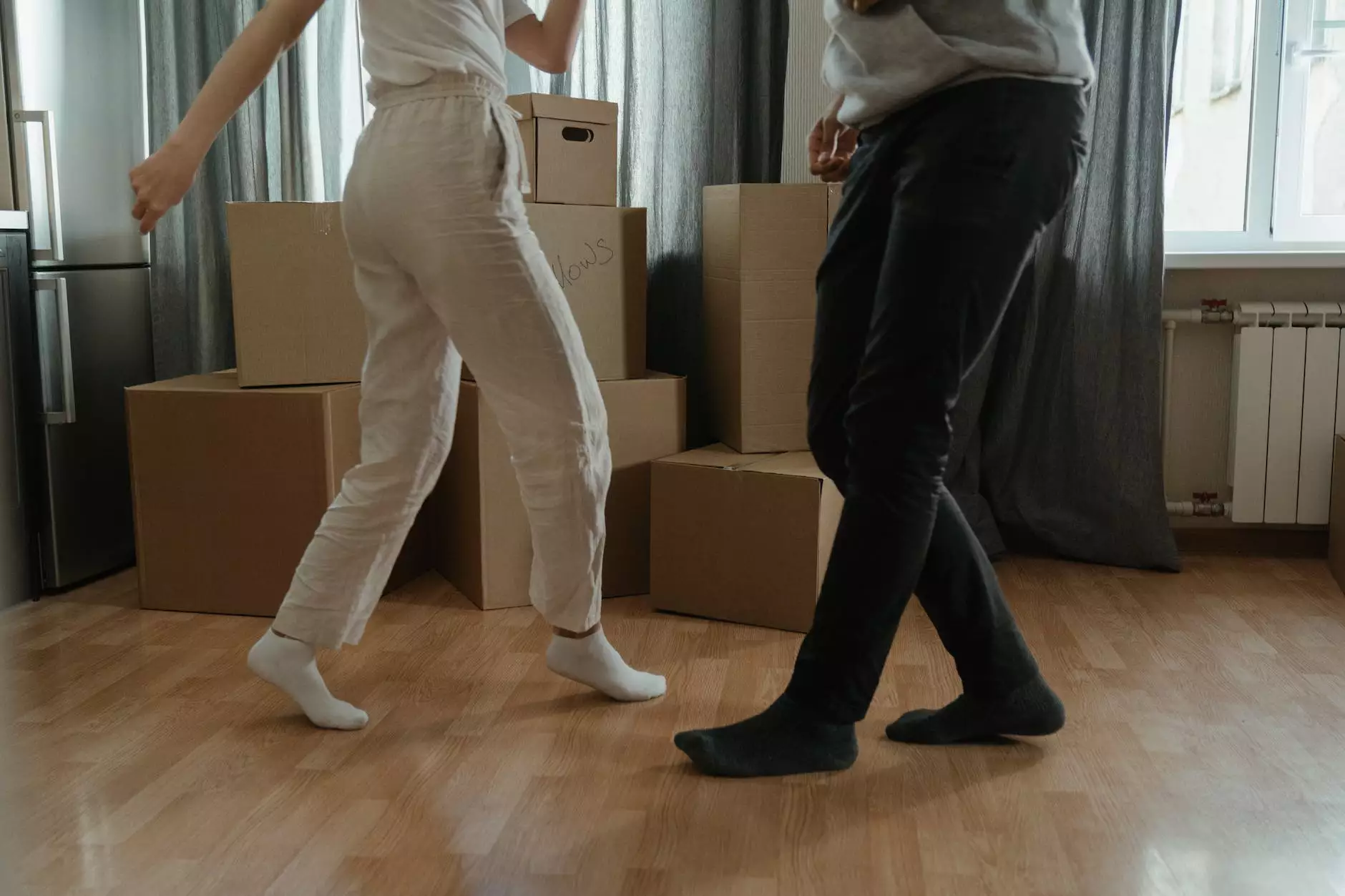Warts vs Corns: Understanding the Difference for Effective Foot Care

Introduction
Welcome to The Foot Practice, your trusted source for comprehensive foot care services. In this article, we will explore the difference between warts and corns, two common foot conditions that can cause discomfort and inconvenience. By gaining a better understanding of these conditions, you will be better equipped to address them and maintain healthy, pain-free feet.
What Are Warts?
Warts, also known as verrucae, are small growths that typically appear on the soles of the feet. They are caused by the human papillomavirus (HPV) and can be contagious. Warts often have a rough, bumpy texture and may appear as small clusters. While they are generally harmless, they can cause discomfort or pain when walking or standing for long periods.
What Are Corns?
Corns, on the other hand, are thickened areas of skin that develop on the feet, usually in response to repeated pressure or friction. They commonly form on the tops or sides of toes, as well as on the soles of the feet. Corns can be either hard or soft, with hard corns being more common. Unlike warts, corns are not caused by a viral infection and are not contagious.
Distinguishing Features
The key to effectively addressing warts and corns lies in understanding their distinguishing features:
Warts
- Caused by the human papillomavirus (HPV)
- Rough, bumpy texture
- May appear as small clusters
- Common on the soles of the feet
- Can be contagious
Corns
- Result from repeated pressure or friction
- Thickened, hardened area of skin
- Common on tops, sides, or soles of the feet
- Not contagious
Treatment Options
Now that we have covered the basics, let's discuss the treatment options for warts and corns:
Warts
Warts can often resolve on their own over time, but if they are causing discomfort or spreading, treatment may be necessary. Professional treatments for warts include:
- Cryotherapy: Freezing the wart with liquid nitrogen
- Salicylic acid: Topical treatment to dissolve the wart
- Laser therapy: Targeted laser treatment to remove the wart
- Immunotherapy: Stimulating the immune system to fight the virus
Corns
While corns can be temporarily managed at home, it is important to address the underlying causes to prevent recurrence. Treatment options for corns include:
- Wearing proper footwear: Choose shoes that fit well and provide adequate support
- Use of protective padding: Cushioning the affected area to reduce friction
- Regular exfoliation: Gently removing layers of dead skin to reduce corn size
- Custom orthotics: Inserts or arch supports to redistribute pressure
Prevention Tips
Prevention plays a crucial role in ensuring long-term foot health. Consider the following tips to minimize the risk of developing warts and corns:
- Maintain good foot hygiene: Wash and dry your feet thoroughly on a daily basis
- Wear moisture-wicking socks: Choose breathable materials that help keep your feet dry
- Take breaks: Avoid extended periods of standing or walking to reduce pressure on the feet
- Regularly inspect your feet: Look for any abnormalities or changes in the skin
- Visit a podiatrist: Schedule regular check-ups to address any foot concerns promptly
The Foot Practice: Your Trusted Podiatry Services
At The Foot Practice, we are dedicated to providing exceptional podiatry services and foot care treatments. Our experienced team of podiatrists specializes in diagnosing and treating various foot conditions, including warts and corns. With our personalized approach and state-of-the-art facilities, we are committed to helping you achieve optimal foot health.
If you are dealing with warts, corns, or any other foot-related issue, don't hesitate to contact us today at [INSERT PHONE NUMBER] or visit our website thefootpractice.com to schedule an appointment. Take the first step towards pain-free, healthy feet!
Disclaimer: This article is for informational purposes only and should not be used as a substitute for professional medical advice. Consult a qualified healthcare provider for personalized diagnosis and treatment.
warts vs corns








